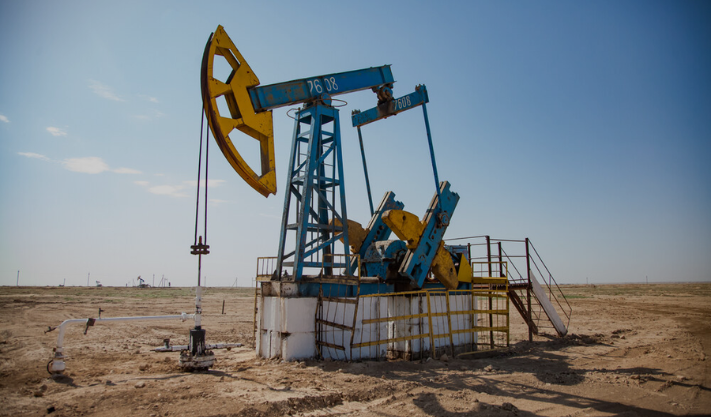Oil prices rose by over 1% due to worries about supply from the Middle East
Oil prices rose by over 1% on Thursday morning in Asia because the conflict in the Middle East has raised concerns about disruptions to oil supplies.
Oil Prices Rise
As of 8:14 AM AST on Thursday, the price of West Texas Intermediate (WTI) crude oil increased by 1.4% to $71.7 per barrel, while Brent crude rose 1.2% to $75.9 per barrel.
The rise in oil prices is linked to ongoing tensions in the Middle East, with the U.S. presidential elections approaching on November 5.
However, on Wednesday, prices had dropped—Brent crude fell by 1.4% and WTI by 1.9%. This was mainly because U.S. crude stockpiles grew, balancing out concerns about the potential escalation of the conflict in the Middle East. Diplomatic efforts by the U.S. have so far failed to secure a ceasefire in Gaza.
The U.S. Energy Information Administration (EIA) reported on Wednesday that commercial crude inventories (excluding the Strategic Petroleum Reserve) increased by 5.5 million barrels to reach 426 million barrels for the week ending October 18.
Despite these fluctuations, oil prices have gone up by 4% this week, recovering from a 7% drop last week caused by reduced demand from China.
“The ups and downs in oil prices reflect uncertainty,” said Priyanka Sachdeva, a senior market analyst at Phillip Nova. “With no strong positive signals, oil prices tend to rise with every new headline about tensions in the Middle East.”
Goldman Sachs predicts that oil prices will stay around $76 per barrel in 2025. They expect this stability due to a modest surplus in global supply, extra production capacity from major producers, and fewer worries about disruptions from Iran.
Middle East Conflict
On Thursday morning, Israel attacked the city of Damascus in Syria, according to Reuters, quoting Syrian state media.
This attack is part of Israel’s ongoing military actions in Gaza, Palestine, and nearby countries. A day earlier, on Wednesday, Israeli forces also hit southern areas of Beirut, the capital of Lebanon.
The United Nations (UN) warns that Lebanon’s economy could shrink by 9.2% if the fighting between Israel and the group Hezbollah continues until the end of 2024.
Israel’s strikes came after Hezbollah announced it had used advanced missiles to attack Israel for the first time, Reuters reported.
This recent conflict between Israel, Hezbollah (supported by Iran), and the Palestinian group Hamas happened just as the US made a final attempt to promote peace before the upcoming elections. The outcome of the election may affect the US approach to the situation in the Middle East.
Published: 24th October 2024
For more article like this please follow our social media Twitter, Linkedin & Instagram
Also Read:
Riyadh Fashion Week Shows Arab Talent to Everyone
Goldman Sachs predicts that oil prices will average $76 per barrel in 2025 due to a good supply of oil
The poverty rate in Palestine is expected to reach 74% in 2024 because of the war with Israel, impacting 4 million people, according to a UN report





